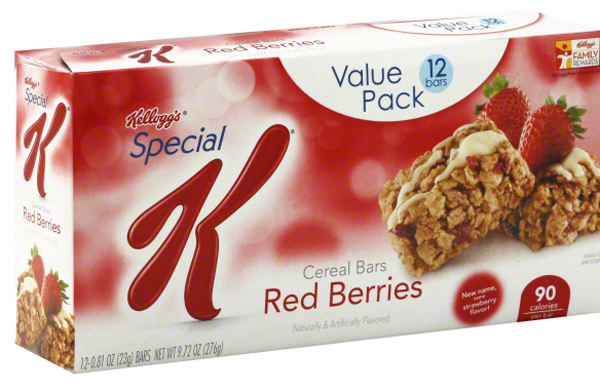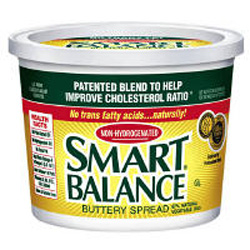As you know by now, trans fat is finally getting kicked to the curb. Trans fat, a packaged food additive also known as partially hydrogenated oil, is added to food for its preservative quality and contributes to artery clogging and cardiovascular disease. The FDA’s proposed ban hopes to prevent 7,000 deaths from heart disease and 20,000 deaths from heart attack per year.

Over the next 50 or so days, the FDA will be pouring over scientific data to determine if trans fat needs to be removed from the GRAS, or “generally recognized as safe,” list of foods. If trans fat are indeed determined to not be GRAS, any food product with trans fat will be deemed illegal for sale in the U.S. Under current guidelines, if a food product contains less than 0.5 grams trans fat, shown as partially hydrogenated oils on the ingredients list, the nutrition label can claim it has 0 percent. Sketchy stuff.
Trans fat won’t disappear completely, as it naturally occurs in some dairy and meat products. But the artificial stuff—created when hydrogen is added to vegetable oil—is lurking in many of the popular food items on grocery store shelves. Peanut butter, popcorn, and frozen foods are the more well known products that contain trans fat, but those are just the tip of this fatty iceberg. Soon, trans fat will be banished from the supermarket, but until then, we’ve compiled a list of the trans fattiest foods at your local grocer.
Betty Crocker Bisquick and Canned Frosting
Breakfast Cereals
- Kellogg’s: Corn Pops, Eggo Cereal, Honey Smacks, Smorz, Mini Swirlz Cinammon Bun, Rice Crispies Cereal
- General Mills: Basic 4
- Post: Cocoa Pebbles, Fruity Pebbles, Oreo Os, Waffle Crisp
Coffee Mate Coffee Creamer (Multiple Flavors)
Crisco
Duncan Hines Cake and Cupcake Mixes
Nabisco Fig Newtons (more…)





